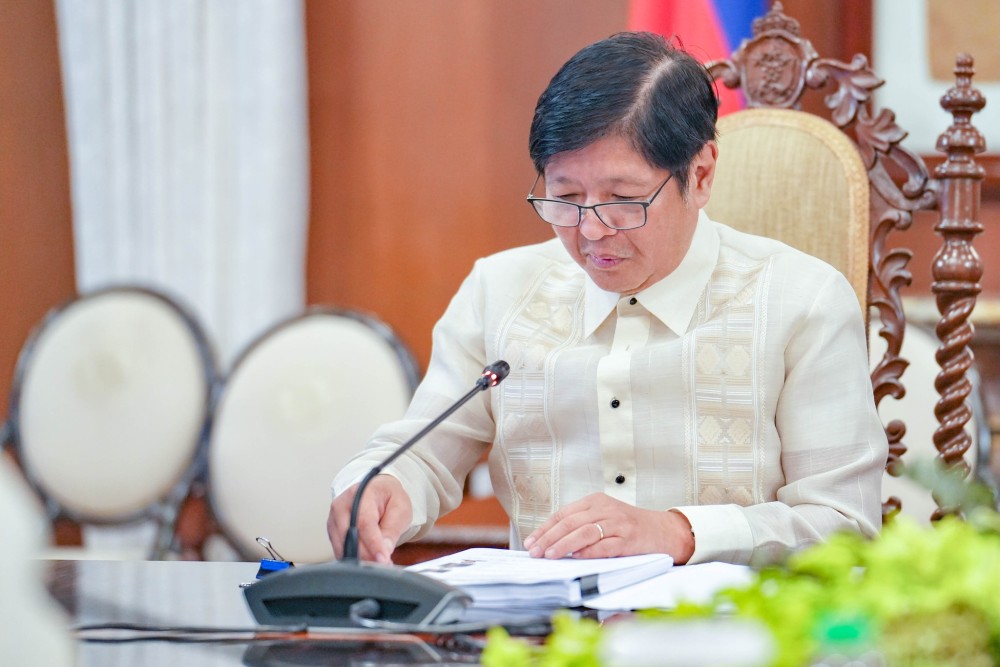PRESIDENT Ferdinand R. Marcos Jr. had openly expressed belief that he will be able to sign various deals or agreements at the sidelines of the 30th Asia-Pacific Economic Cooperation (APEC) Summit in San Francisco, California, where he is participating.
The chief executive said that he is making such expectations as he is set to meet with various business leaders, as well as conduct roundtable discussions at the sidelines of APEC summit.
He said his aim is to attract more foreign investments, promote trade and investment opportunities in the Philippines, and present his administration’s economic agenda.
Among the early expectations of the president include the signing of agreements on priority sectors, including energy, improved weather monitoring, and health.
“On the sidelines of the APEC Summit, I expect to witness the signing of a number of government-to-government, public-private, and business agreements, which have been under negotiation over the past several months, covering priority sectors, such as nuclear energy; artificial intelligence to support weather forecasting; health sciences, particularly cancer research, diagnosis, treatment, and prevention; pharmaceutical manufacturing; and satellite connectivity,” he said.
The 30th APEC Leaders’ Meeting starts on Nov. 15 until Nov. 17. Marcos is joined by his economic team and a high-profile business delegation.
Marcos also revealed that he is invited to deliver a keynote remarks on “intentional equity in sustainability” during the APEC CEO Summit to share the Philippines’ experience in ensuring inclusivity on our path to greening the economy.
“There will be several engagements with private sector representatives from the APEC Business Advisory Council to discuss how we can use public-private partnership to fulfill our agenda in innovative and sustainable development, finance, and economic and business reform,” Marcos said.
“Our APEC work has been focused to prioritize and secure beneficial trade and investment, quality and green jobs, and human development and poverty alleviation,” he also said.
“We will be engaging with the leaders of economies of the Asia-Pacific region to agree on how we can achieve food and energy security, economic inclusion of our micro, small, and medium enterprises (MSMEs), women, indigenous people, and other segments whose economic potential remains to be unlocked through digitalization and innovation, and sustainable development and addressing the climate change crisis,” Marcos added.
Among the 21 APEC member economies include Australia, Brunei, Canada, Chile, China, Hong Kong, Indonesia, Japan, South Korea, Malaysia, Mexico, New Zealand, Papua New Guinea, Peru, the Philippines, Russia, Singapore, Taiwan, Thailand, the US, and Vietnam.


